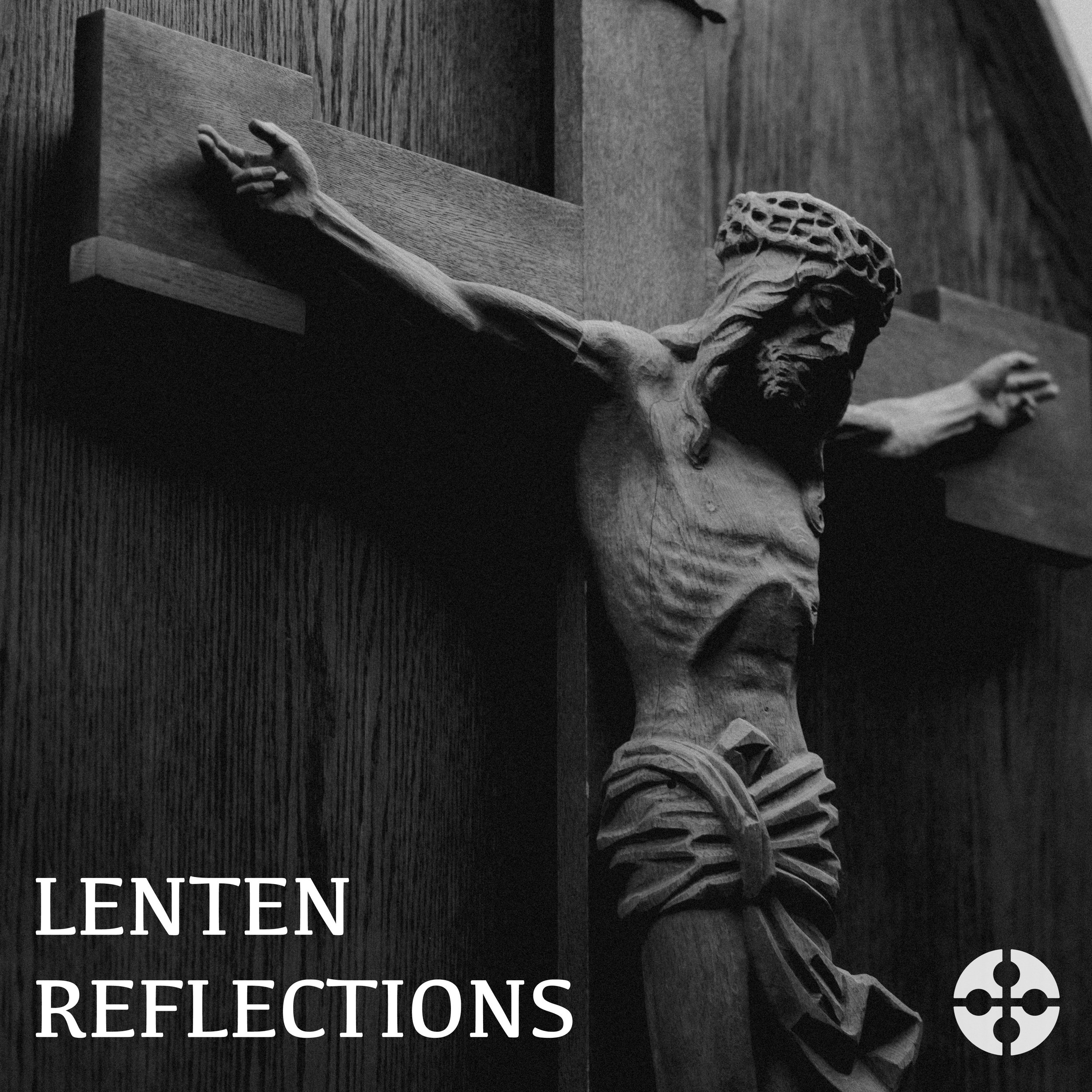Patient Trust
Patient Trust
At once the Spirit sent him out into the wilderness, and he was in the wilderness forty days, being tempted by Satan. He was with the wild animals, and angels attended him. After John was put in prison, Jesus went into Galilee, proclaiming the good news of God.
“The time has come,” he said. “The kingdom of God has come near.
Repent and believe the good news!”
Mark 1:12-15
As we enter our final week of our Lenten Reflections, it can likely be assumed that some level of shame has been at work as we’ve sought to examine those areas of our lives that are incongruent with our deepest held convictions. Like Adam and Eve who hid when they heard the sound of God walking in the garden, we too look to hide our failures, blame others for our shortcomings, and cover up our sin.
It was in the garden that shame was first experienced, and it continues to this day seeking to inhibit our growth and movement towards God by threatening an impending abandonment. “Hide, and cover it up” is the the solution shame offers us.
Curt Thompson explains in his book The Soul of Shame, “one of shame’s most prominent features, and one that provides the emotional fuel of terror at the prospect of living vulnerably, is the threat of isolation, of abandonment… Thus, we are reluctant to expose ourselves, fearful that in so doing we may, once connected, be left.”
Hiding or covering up these wounds in our relationship with God inhibits the healing that we so desperately long for. “This requires, “ Thompson continues, “the admission of responsibility for our role in the rupture. Shame is the emotional energy behind our resistance to this. It does so by fueling our anticipation of being forsaken upon our admission of guilt… to be liberated from the shame I carry… I need to be able to hear the reality that my behavior was really as bad as I think, if not worse, while simultaneously sensing that the person I am confessing to is not leaving. Shame has the effect of coaxing us into pretending that sin is not as bad as it seems; for if it really is that bad, and I have to face it, it would be too much and I fear I would be overwhelmed. When someone seeks forgiveness of the wrong they have committed, we who have been wounded must be able to acknowledge the reality the pain inflicted if forgiveness is to be real, and if the offender’s shame is to be effectively healed.”
It’s this heart that lies behind 2 Corinthians 7:10, “Godly sorrow brings repentance that leads to salvation and leaves no regret, but worldly sorrow brings death.” As we’ve navigated this Lenten season, our desire is to take a hard look at the sin and shame that has ravaged our lives so that we might be healed. As we acknowledge our sin before our loving Father, we discover that He doesn’t reject us as we fear, but continues to pursue us just as He did in the garden. It is through our honest confession that we discover that we are passionately loved, forgiven, and declared righteous (2 Corinthians 5:21).
May we resist the temptation to hide in our relationship with the Lord because of our sin, but rather lean into Him, patiently trusting that it is through our vulnerability before our loving Father that we discover the healing, acceptance, and love we’ve so desperately longed for.
Reflection:
Find a quiet place where you will be undisturbed. After quieting your heart and mind for a few minutes, consider:
What role do you sense shame has played in your own life around your ability to acknowledge shortcomings and failings?
Are there areas of your life that you continue to keep in hiding from the Lord? What do you think the Lord longs for you in those areas?
What might it look like to share those areas with the Lord? What’s one step you want to take to find greater freedom?
Remember that you are in process. We cannot rush our spiritual formation any more than we can rush a flower to bloom. In what ways might you need to be more patient with yourself?
Patient Trust — Pierre Teilhard de Chardin, SJ
Above all, trust in the slow work of God. We are quite naturally impatient in everything to reach the end without delay. We should like to skip the intermediate stages. We are impatient of being on the way to something unknown, something new.
And yet it is the law of all progress that it is made by passing through some stages of instability- and that it may take a very long time. And so I think it is with you. your ideas mature gradually -let them grow, let them shape themselves, without undue haste. Don't try to force them on as though you could be today what time (that is to say, grace and circumstances acting on your own good will) will make of you tomorrow.
Only God could say what this new spirit gradually forming within you will be. Give Our Lord the benefit of believing that his hand is leading you, and accept the anxiety of feeling yourself in suspense and incomplete.

